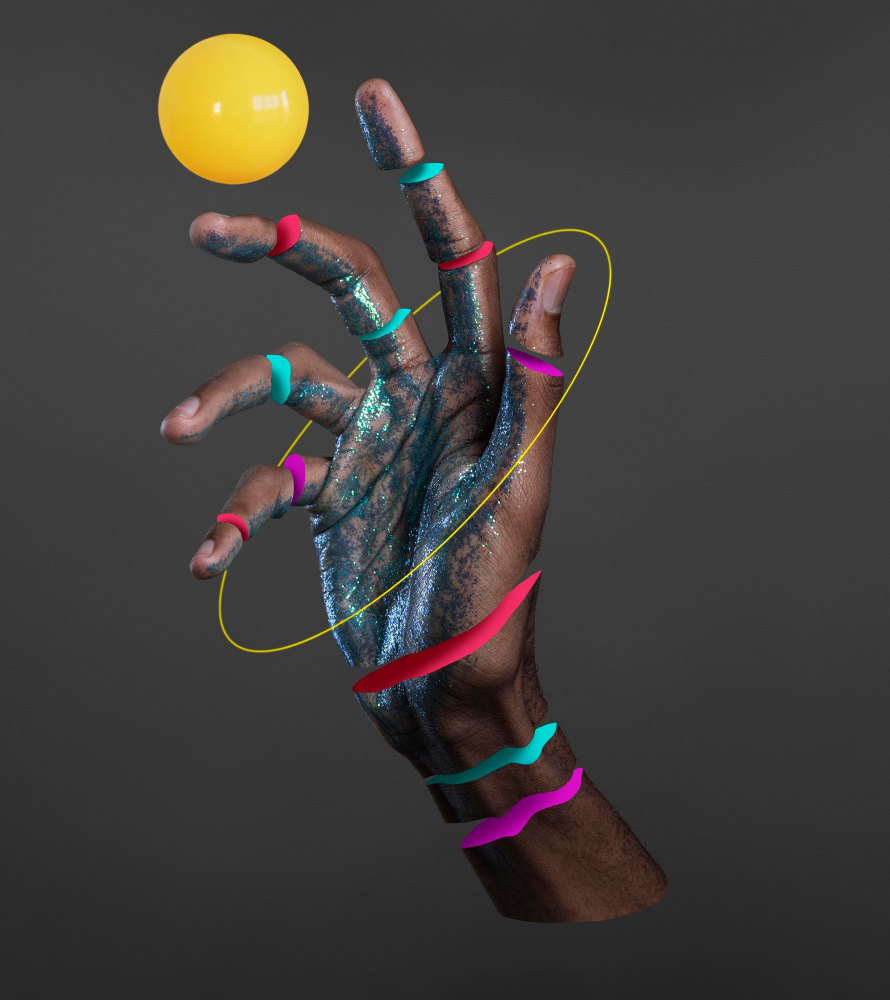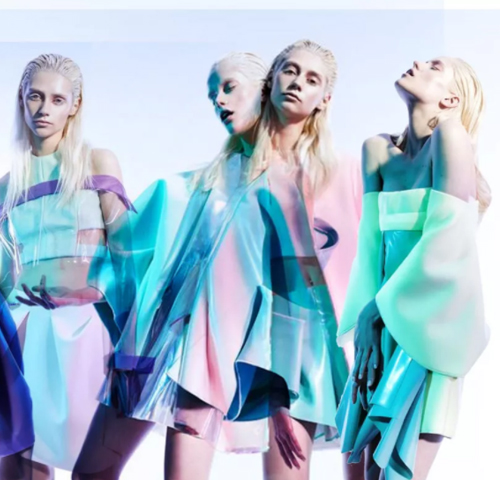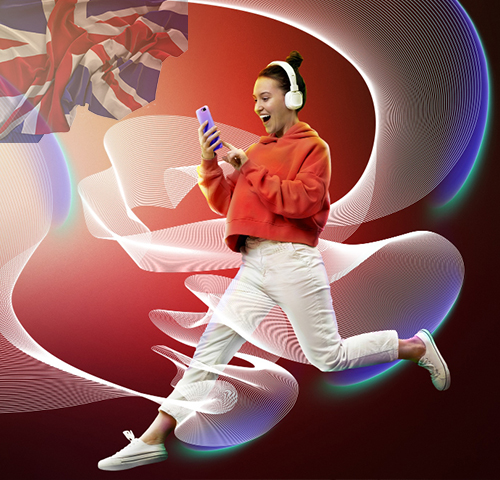Tech Savvy Fashion Brands Will Survive, Thrive and Multiply

Tech Women Today Barbie…I’m Ready For It!
December 21, 2021
Embracing Your Creative Spark
August 19, 2023Beneath a glamorous façade, the fashion industry is undergoing radical changes due to rapid technological advances.
Technology, especially clothing design software that enables digital design for on-demand fashion (the practice of creating custom pieces), has disrupted the fashion industry for years. The world of digital fashion - where social media users can buy virtual clothes and wear online, and gamers can dress up avatars in colorful skins - is increasingly being called the next big thing in the industry.The chronology of technology and fashion development begins with Helmut Lang, who presented his collection in the fall of 1998 on CD and on the Internet. As we get closer to 2022, we expect technology to become an even stronger force in the fashion industry. Long-term fashion trends are often driven by technological advances, which is why researchers and fashion designers today are working on how to integrate technology into the clothes we wear.
The Future Has Arrived
Fashion companies are exploring how they can change their future in many ways. Many stylists combine their fashion creations with high-tech processes to create original and futuristic designs. From virtual rehearsals to digital-only luxury giants, fashion is targeting some of the big beginnings in the tech industry. From artificial intelligence to wearable technology, the fashion and retail sector is now more open to experimenting with new technologies.In this new era, the ability to adapt to digital and tech trends will be a key decision for fashion brands to maintain their traditional influence.
Digital Skills Are Critical In Fashion
The future of fashion requires more science, technology, engineering and mathematics (STEM skills) than ever. As technology continues to influence fashion, it is important for design students and experienced designers to stay at the forefront of learning how to use digital fashion software and hardware.The delivery of trendy content, whether it be shows, digital or events, will turn into a very direct conversation with the consumer. For example, fashion brands offering augmented reality experiences, especially in the current early stages of technology development, will benefit from positioning their brand at the forefront of the ongoing technological revolution.
Burberry is a luxury brand that has completely mastered fashion technology.
The Tech Wise Will Survive
The rules of the power game are changing in the fashion industry because of technology. In an age of TikTok aesthetics and second-hand digital giants like Depop, tech and fashion are hard to separate. Much of what is happening is good; The "democratization" of fashion, as they call it, is bringing the industry into an era of inclusiveness.Digitising the entire industry, the fact that you can actually launch your brand, communicate it to a wider audience than your local environment - through digital platforms, through direct contact with the consumer, through social media - also offers opportunities. But it also means that this consolidation will offer significant market share opportunities for those who execute well and are likely to enter the thrive in a crisis more decisively.
The tech wise will survive.




